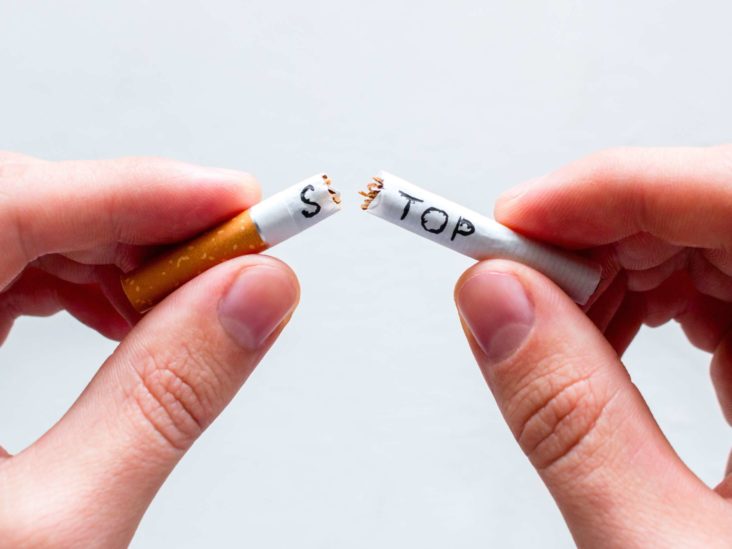
Psychiatrist Anna Lembke, the author of the seminal book Dopamine Nation, said that everything we need and want becoming readily available is making us crave more. Human beings are generally wired to avoid pain and approach pleasure, and because everything we need and want is literally right at our fingertips, we always end up consuming so much more than we need.
Whether it’s food, entertainment, or even porn, we live in a system that makes it easy for us to become addicted or hooked, not just on bad things, but even good and necessary ones. But like everything else, too much of anything can be unhealthy for us, which is why we need to get back to the art of moderation and learn how to let go of things before they consume us.
Here are some practical tips to fight addiction to anything.
Recognize the problem
The following are telltale signs that your addiction is getting out of hand:
- It affects your ability to function normally on a day-to-day basis. The habit is getting in the way of your work or school, destroys your relationships, and affects you physically to the point that you can’t get out of bed.
- It feels impossible to stop. You keep making justifications and excuses for why you keep consuming, and even though you promise yourself you will stop tomorrow, you just can’t seem to do it. You compulsively reach for it or do it even though you know it’s bad for you.
- You are experiencing withdrawal symptoms.
- You feel uncomfortable and anxious if you can’t do it or have no access to it.
Know your options
Once you’ve fully identified the problem and accepted that you need help, then you need to know the treatment options available to you. If addiction is a disease, then you need medical treatment for it, especially if what you’re hooked on is drugs, alcohol, or other addictive substances. Your options include going to your primary caregiver, who can then advise on your next plan of action: Meeting a psychiatrist or checking into a drug rehab facility.
You can’t fully know your options unless you talk to a medical professional. Ask someone you love and trust to go with you to the hospital. Make sure it’s someone you know has your best interests at heart and is willing to navigate the long road to recovery with you.
Seek social support
Reaching out for help may seem like an impossible task when you are addicted to something, especially if you’re also battling shame on top of your negative self-talk and compulsions. But if you truly want to be free of your addictions, then you need to accept that it will take external help and that you can’t do it alone. Here is a step-by-step guide for coming forward and being honest about your addictions, and finding people who can support you through your quest for sobriety:
- Find the right people; make sure they have a history of empathy, compassion, and speaking the truth in love so that they don’t tolerate your bad behavior and that it doesn’t turn into a codependent relationship.
- Ask them first if they have the capacity to help and support you in your journey because you never know if they’re also going through some hard times themselves. If they say no, don’t take it personally; just find someone else who can.
- Talk to them about your triggers so that they know how they can help you.
- Be clear about your expectations so that you’re not disappointed in each other if they are not met. What kind of help do you need, exactly? Do you need someone to drive you to your doctor’s appointments or AA meetings? Or do you need someone to talk to when you find yourself tempted to break your sobriety? Be clear about what you need so that the person can know how to help you.
Take it one day at a time
One of the first things you will learn from rehab or meetings is to take it one day at a time. You cannot undo in a few days what took years and years to build. Recovery is a long walk, and even if you fail along the way, it doesn’t all your efforts have been for naught. It’s not over until it’s over.
Fighting addiction towards anything can be a daunting task, but it is possible. Recognize that there is a problem, lean hard on the people who love you, seek medical support, and take baby steps one day at a time. The goal of recovery is always worth the fight.

